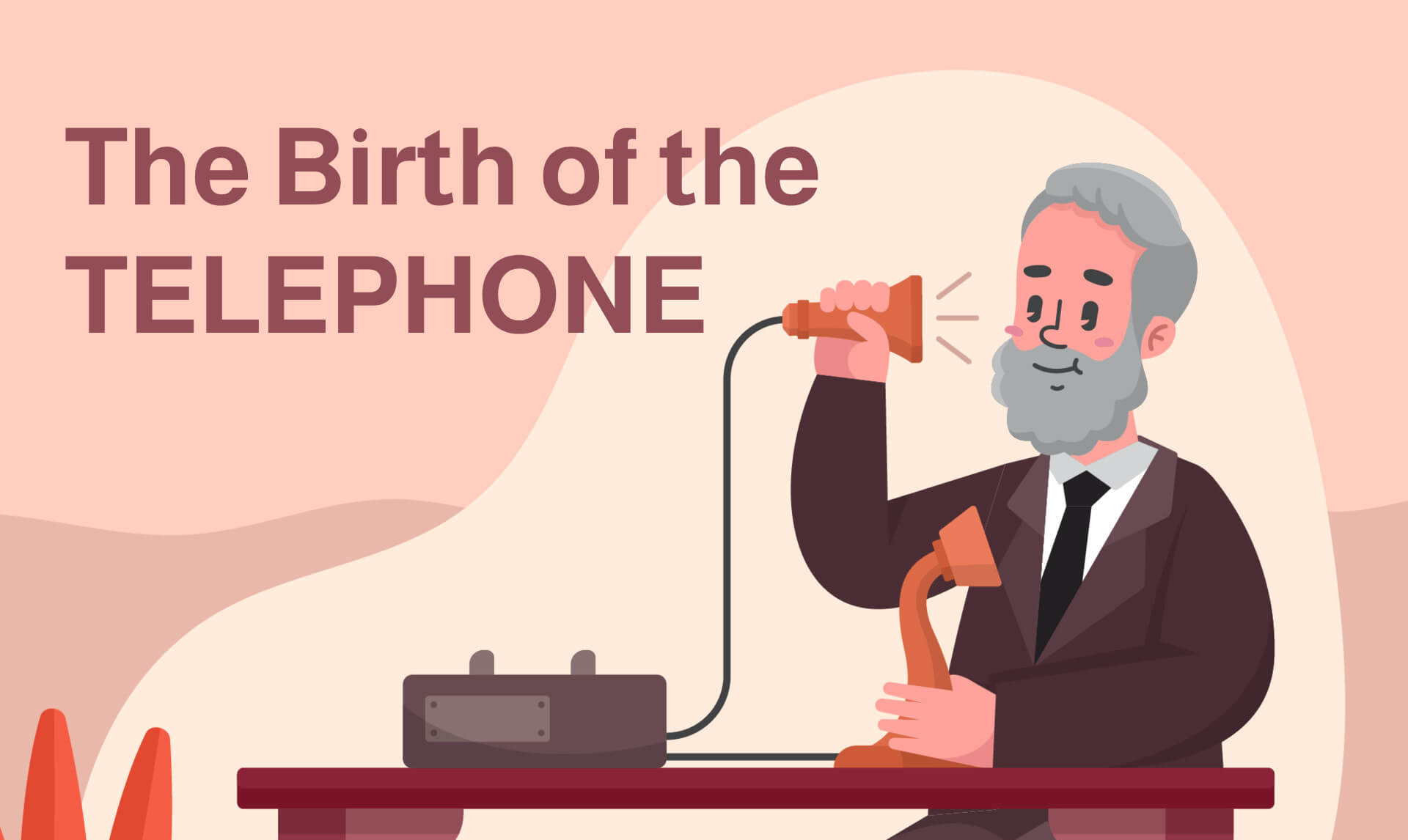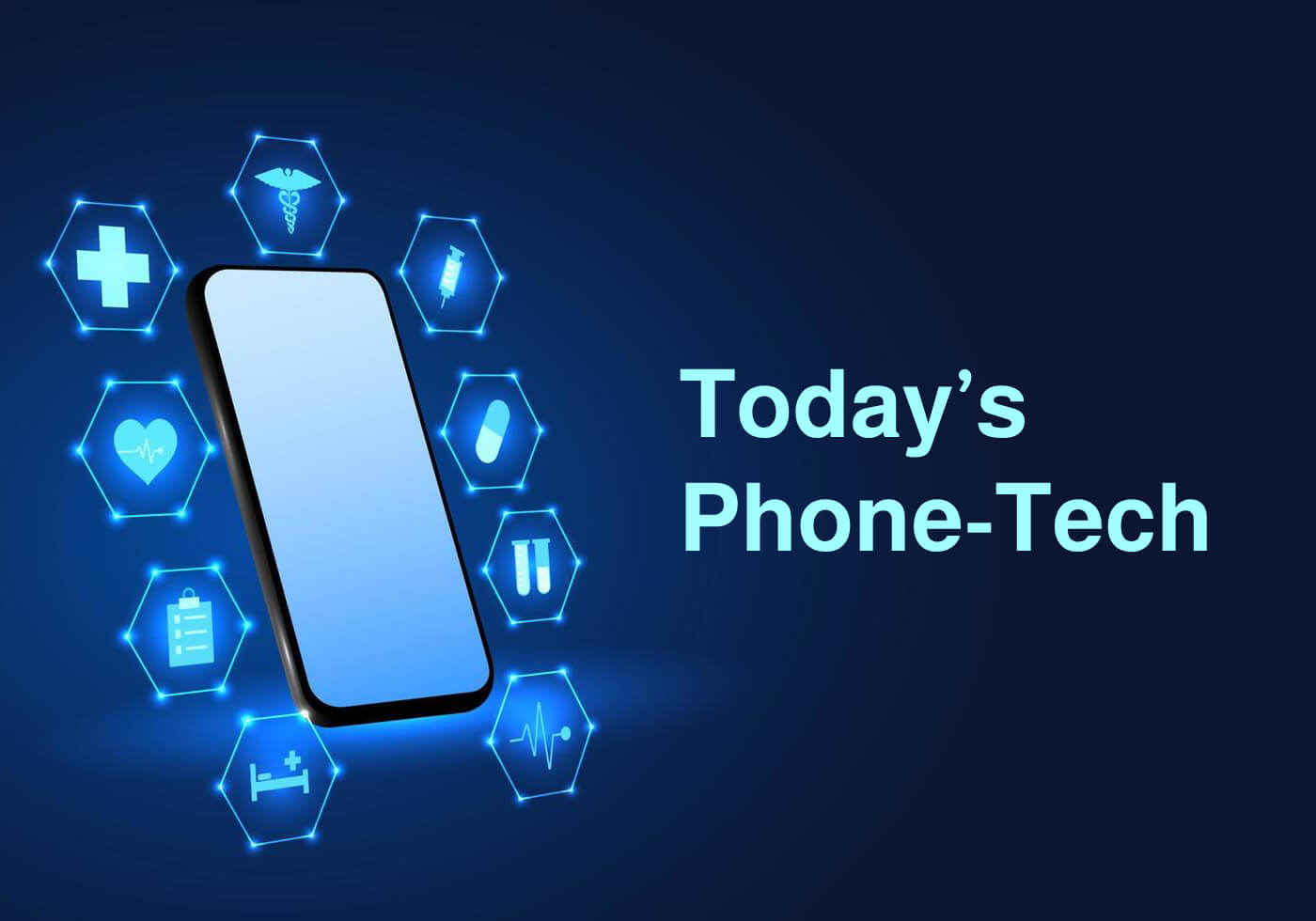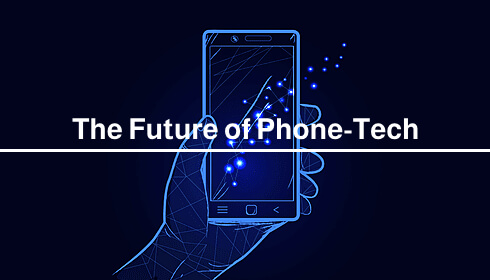Phone technology, or “phone-tech,” has come a long way. What began as a way to talk over long distances is now a central part of our lives. From the invention of the first telephone to today’s smartphones, phone-tech keeps evolving. It’s not just about making calls anymore. Phones now connect us to the internet, provide entertainment, and offer countless apps. Let’s take a look at how phone-tech has changed, what it means for us today, and what’s next.
The Birth of the Telephone
The story of modern phone-tech begins in 1876. That year, Alexander Graham Bell invented the first telephone. His invention allowed people to talk across distances using wires. This was a big step in the world of communication. Early phones were simple, but they set the stage for everything that came after.
Key Moments:
- 1876: Alexander Graham Bell invents the telephone.
- 1891: The automatic phone exchange is invented, cutting out the need for operators to connect calls.
- 1915: The first long-distance call from New York to San Francisco is made.
The Arrival of Mobile Phones
By the 20th century, we saw the rise of mobile phones. In 1973, Martin Cooper from Motorola made the first mobile phone call. These early phones were large and costly, but they introduced the idea of talking on the go. While they weren’t widely available at first, they would soon become everyday items.
Key Moments:
- 1983: The first mobile phone for consumers, the Motorola DynaTAC 8000X, is released.
- 1992: The first text message is sent.
- 1996: Nokia releases one of the first phones to include email and fax features.
The Smartphone Revolution
Smartphones changed everything. In 2007, Apple launched the first iPhone. This new type of phone offered much more than calling. It introduced a touch screen, apps, and internet access all in one device. The iPhone set the standard for what we expect from our phones today.
Key Moments:
- 2007: Apple’s first iPhone hits the market, changing phone-tech forever.
- 2008: Google launches its Android system, giving phone makers another option.
- 2010: The introduction of 4G networks boosts internet speed, making streaming and video calls easier.
Today’s Phone-Tech: What Makes It Special

Today’s phones are far more than communication devices. They’re powerful tools for entertainment, work, and even health tracking. Let’s break down some of the key features that make today’s phones so advanced.
1. Touchscreens
Most phones now use touchscreens, getting rid of the need for physical buttons. New display tech, like OLED, makes screens brighter and more energy-efficient.
2. High-Quality Cameras
Modern smartphones have cameras that rival professional ones. With multiple lenses, features like night mode, and editing tools, anyone can take great photos.
3. Fast Processors
Phones now have fast processors that handle gaming, video editing, and multitasking with ease.
4. 5G Networks
The latest phones support 5G, making everything faster like korea-mobile.kr. This new tech allows for smoother streaming and faster downloads.
5. Security Features
Biometric security, like facial recognition or fingerprint scanning, keeps phones safe and makes it easy to unlock them quickly.
6. Smart Assistants
Many phones now include virtual assistants, like Siri or Google Assistant. These features help with tasks like setting reminders, answering questions, and more.
How Phone-Tech Shapes Our Lives
Phone-tech has changed our lives in many ways. Here’s a look at how it impacts daily life:
- Communication: We can now talk, text, or video call people anywhere in the world in real time.
- Work: Many people use their phones to check email, join meetings, and manage tasks.
- Entertainment: Streaming movies, playing games, or scrolling social media—all can be done from your phone.
- Health: Phones help us track fitness and sleep and even manage health goals with apps.
- Shopping: Buying things online is easier than ever, thanks to mobile shopping apps.
The Future of Phone-Tech

As phone-tech keeps advancing, the future looks bright. Here are a few trends to keep an eye on:
1. Foldable Phones
Phones with foldable screens, like the Samsung Galaxy Fold, are already here. These phones give users the portability of a phone with the larger screen of a tablet.
2. Augmented Reality (AR)
AR tech will soon become a bigger part of phone use. This feature can blend digital elements with the real world, enhancing gaming and apps.
3. Smarter AI
Phones will get even smarter. Advanced AI will help phones learn more about users and offer even more personalized experiences.
4. Eco-Friendly Designs
As more people focus on the environment, phone makers will look for ways to make devices that use less energy and are easier to recycle.
Conclusion
Phone-tech has changed the world. From simple voice calls to smartphones with endless features, phones have become an essential part of modern life. Looking ahead, it’s clear that phones will keep evolving. Whether it’s foldable designs, smarter AI, or new ways to use AR, the future of phone-tech promises to be just as exciting as the past.

Laura Bennett is a vital member of The Jeep Diva team, handling all review and advertising inquiries. With a strong focus on the latest in celebrity news and entertainment, Laura ensures that each review is insightful and captivating. Her commitment to nurturing advertiser relationships keeps the blog lively and appealing. Outside of work, Laura loves discovering new media and engaging with readers to deliver unique and exciting content to The Jeep Diva audience.
